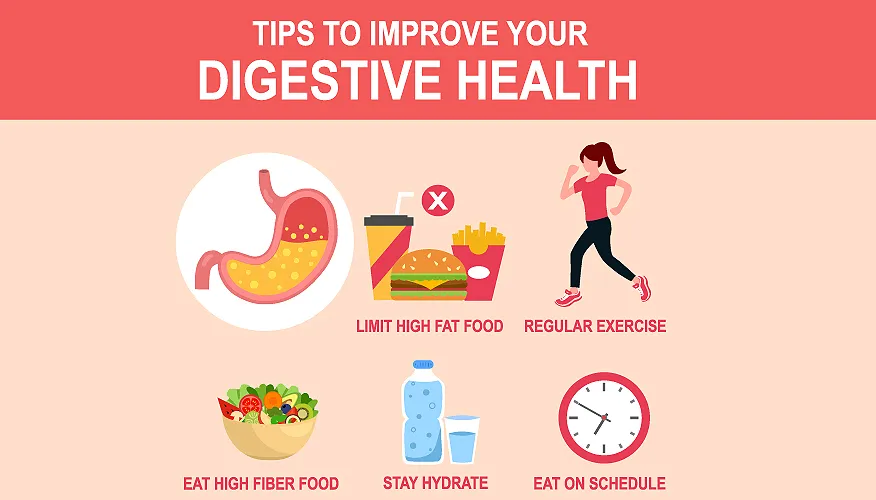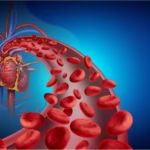The Basics of Improving Your Digestive Health
Eat a High-Fiber Diet to Improve Digestive Health
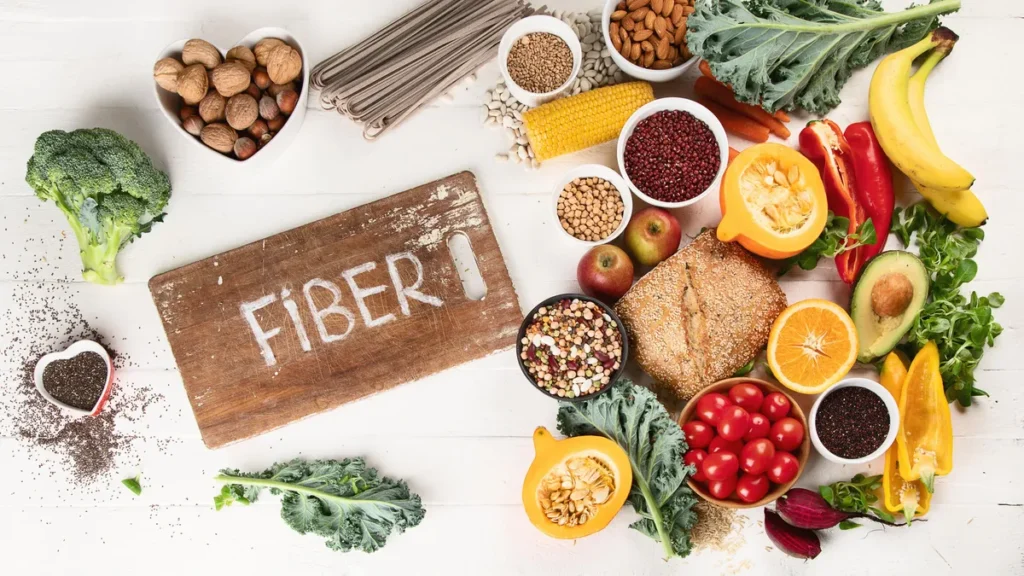
Fiber is essential for keeping your digestive system functioning properly. Most people get less than the recommended 25 to 30 grams of fiber daily. Your body needs both soluble fiber, which dissolves in water to form a gel-like substance, and insoluble fiber, which does not dissolve. Both types help improve digestive health by supporting regular bowel movements and preventing constipation.
Add More Fiber-Rich Foods to Support Digestive Health
Eat more soluble fiber by including oats, peas, beans, apples, carrots, and citrus fruits in your meals. For insoluble fiber, add whole-wheat flour, wheat bran, nuts, and vegetables like cauliflower and green beans. Many plant foods contain both types of fiber, so eating a variety of grains and vegetables will help you get the full benefits.
Drink Plenty of Water
Fiber works best when you stay hydrated. Drinking enough water helps soften food and stool, making digestion more efficient. Aim for about eight 8-ounce glasses of water daily, adjusting based on your activity level and climate.
Avoid Trigger Foods

Certain foods can irritate the digestive system, especially if you have a sensitive stomach. Identifying and limiting these foods is key to maintaining gut health.
Limit Processed and Fatty Foods
Processed meals often contain high levels of fat, sugar, and artificial additives, which can slow digestion and lead to discomfort. Choose whole, minimally processed foods whenever possible to help improve digestive health.
Be Cautious with Spices
If you experience bloating, acid reflux, or stomach pain, spicy foods may be to blame. Chef Leslie Chartier suggests avoiding heavy spices if you have a sensitive stomach, as they may cause irritation or discomfort.
Watch for Common Irritants
Foods that commonly trigger digestive issues include dairy (for lactose-intolerant individuals), gluten (for those with sensitivities), caffeine, and alcohol. Monitor your body’s response to these items and consider eliminating or reducing them if necessary.
Limit overly processed foods, and if you have a sensitive stomach, chef Leslie Chartier recommends avoiding heavy spices. These foods can irritate your digestive tract and slow down digestion.
Increase your fiber intake. Fiber is made up of the parts of plant foods that your body can’t digest, but instead pass without absorbing. Most people consume far less than the recommended 25 to 30 grams of fiber daily to improve digestive health. Your body needs both types of fiber—soluble fiber, which dissolves in water and forms a gel-like consistency, and insoluble fiber, which does not dissolve. Both are essential for regular bowel movements and overall gut function.
High-fiber foods are typically low in calories. They can help you control your weight, lower blood sugar and cholesterol levels, and reduce the risk of hemorrhoids—all of which contribute to improve digestive health.
Drink plenty of water. The combination of high fiber and water will increase the efficiency of your digestion by helping to soften and break down foods so your body can absorb the nutrients. It will also soften your stool and make regular bowl movements easier.

Get more soluble fiber by eating more oats, peas, beans, apples, citrus fruits, carrots, and barley. This will also help control your cholesterol and blood sugar levels.
Eat more insoluble fiber by adding whole-wheat flour, wheat bran, nuts, beans, and vegetables like cauliflower and green beans to your diet. Increasing your intake of insoluble fiber will help keep your bowel movements regular and combat constipation.
Many plant foods contain both soluble and insoluble fibers, so you can easily maximize your intake of both by eating a diet filled with diverse grains and vegetables.
Other signs of dehydration include reduced urine output and urine that is darker than usual.
Doctors sometimes recommend eight 8-oz. glasses per day (1.9 l) , but the amount you need will vary with your body weight, how active you are, and what climate you live in.
If you get headaches in the evening, feel tired, lightheaded, nauseous, and sweat very little even when it is hot, you might need to drink more water.
Eat fermented foods daily to cultivate healthy gut bacteria. A healthy digestive tract contains many species of microorganisms that help break down food efficiently. Eating fermented products like yogurt, kefir, kimchi, natural sauerkraut, tempeh, and kombucha can help improve digestive health by replenishing and balancing the bacterial community in your digestive system. Not only will this combat diarrhea and constipation, but it may also improve digestive health further by preventing conditions like irritable bowel syndrome and inflammation.
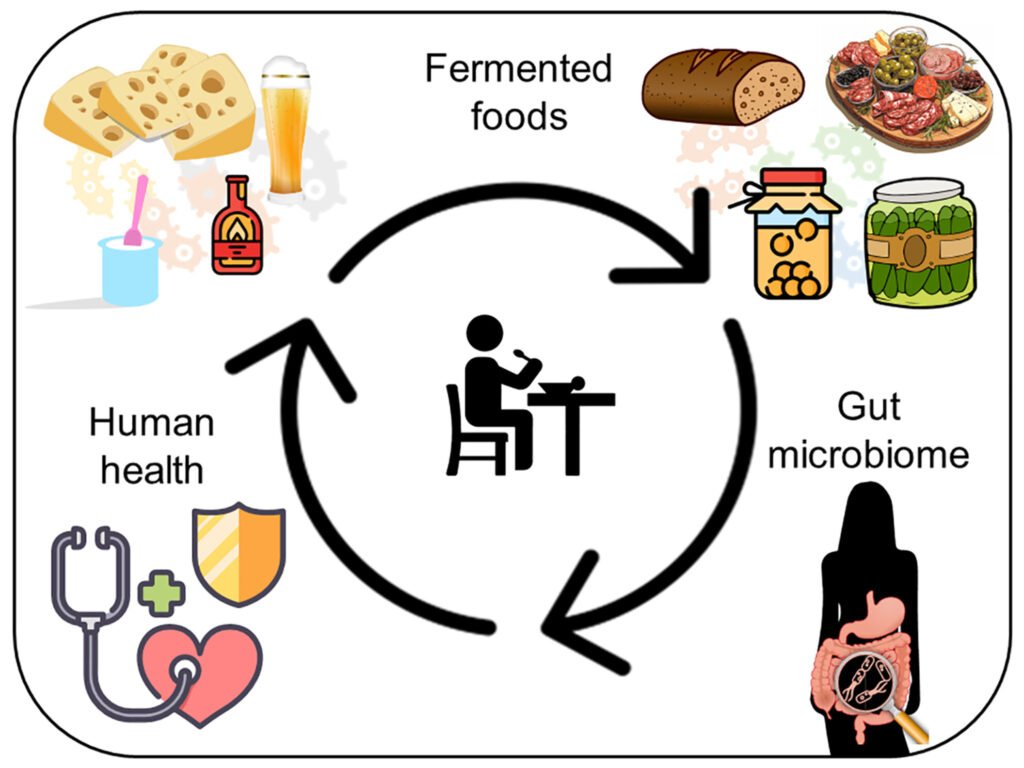
- Diarrhea after antibiotics have killed some of the naturally occurring gut bacteria
- Irritable bowel syndrome
- Vaginal yeast infections and urinary tract infections
- Colds and flu
Add supplements to your diet to be sure you are getting everything you need. It is best to do this in consultation with a doctor because supplements may alter how your body absorbs some medications. A doctor will help you adjust the dosages to be right for you.
- Take prebiotic supplements. These supplements will help you get enough fiber in your diet, promote the growth of healthy gut bacteria, and alleviate constipation. You should make sure you area also eating prebiotic foods such as oatmeal or berries.
- Try probiotics. Probiotics are bacteria and yeasts that are similar to those naturally occurring in your digestive tract and aid digestion. Probiotic supplements can help treat diarrhea, irritable bowel syndrome, and ulcers.
- Add essential vitamins to your diet. Essential vitamins are those that your body needs to function properly. They include A, B, C, and D vitamins. Adequate vitamin levels are necessary for your body to process proteins, carbohydrates, and fatty acids, absorb iron, and maintain immune functions. Supplements can help you avoid deficiencies
- Eat less salty, sugary, and fatty foods. Not only can these substances cause stomachaches in high quantities, but they slow digestion, causing constipation.
- Eat less prepackaged, processed foods. They often have high quantities of sugar, as well as salt and fat, added to them. They will also prevent you from being hungry for healthier foods, like high fiber foods.
Exercise for at least 30 minutes per day. What is good for the entire body is good for the digestive system. Exercise will reduce stress, control your weight, and help your intestines to contract normally, moving food through your system.

- The activity should be strenuous enough to increase your heart rate. Do something you enjoy like fast walking, jogging, or biking.
- If you have other health concerns like high blood pressure or heart problems, discuss any new exercise plans with your doctor before starting.
Determine what foods irritate your digestive system and avoid them. What foods people don’t tolerate may vary greatly from person to person. Try keeping a food diary to discover if there are any foods that upset your GI system. Write down what you ate at each meal and then write down any symptoms that develop. Try eliminating groups of food that may trigger upset and see if your digestive health improves. Types of foods that are frequent triggers include:
- Fatty foods like cheese, deep-fried foods, and fast food
- Highly acidic foods including coffee, tea, tomatoes, vinegar, and citrus fruits (lemons, limes, grapefruits)
- Gassy foods such as beans, cabbage, or carbonated drinks
- Spicy foods
- Gluten/wheat
- Dairy, soy, corn, and fructose
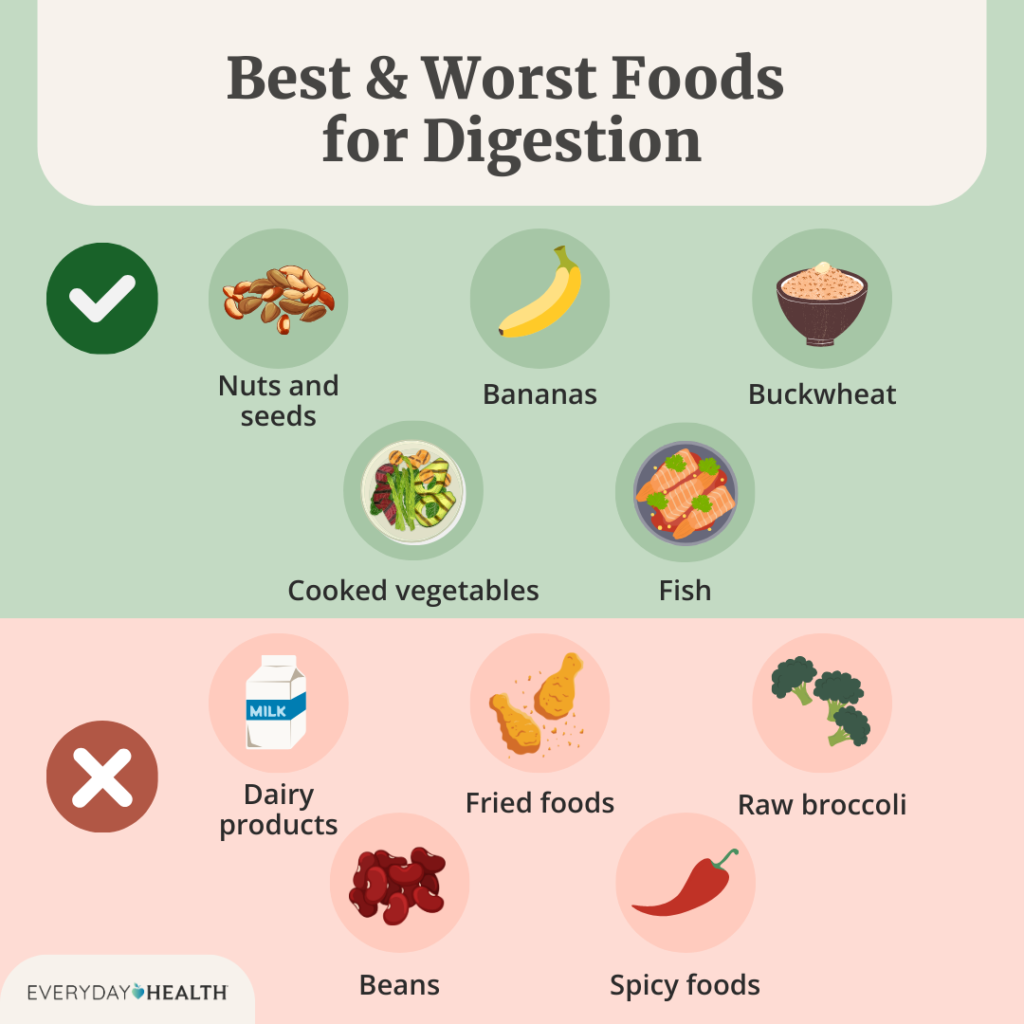
Cook with less salt.
Salt causes your body to retain water, making you feel bloated.
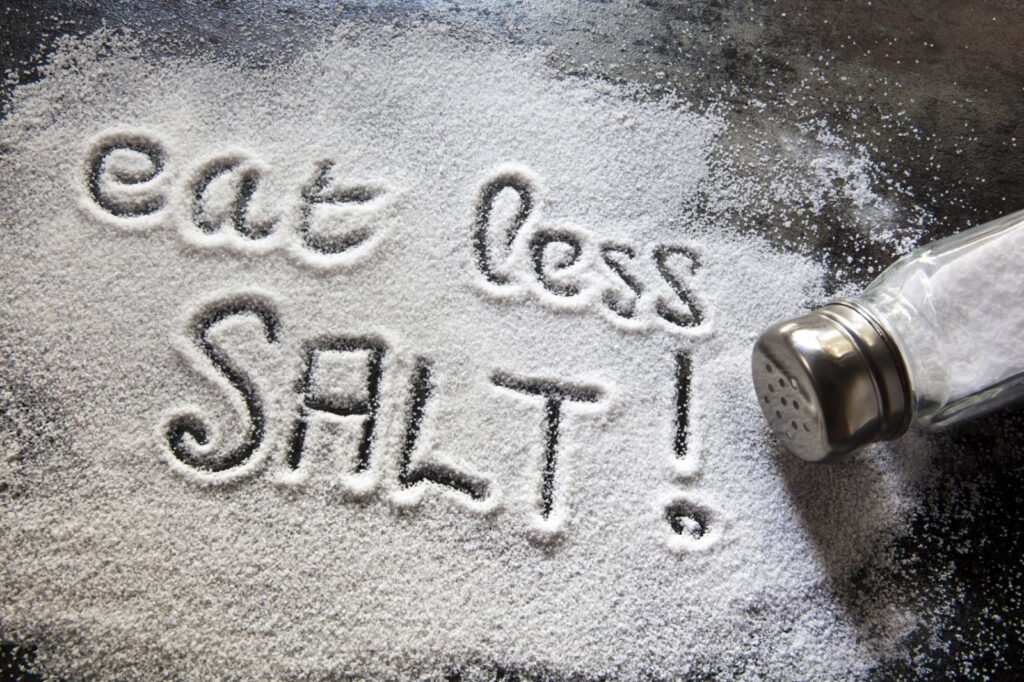
Adjust your eating patterns. Avoiding eating late at night or right before bed often helps people reduce acid reflux and heartburn.
Frequent, small meals keeps your digestive system busy without overloading it.
Eat lean proteins, such as fish and lean cuts of meat. These proteins are essential for healthy muscles, but lean cuts are less likely to cause heartburn and will be quicker to digest.
Quit smoking to reduce heartburn. Smoking can damage the valve at the bottom of the esophagus leading to frequent heartburn.

Stopping smoking will also reduce your risks of ulcers and cancers, including those of the digestive system.
Avoid alcohol. Excessive drinking can lead to inflammation of the stomach lining, ulcers, cramping, bleeding, abdominal pain, heartburn and acid reflux. Other organs involved in digestion such as the pancreas, liver, and gallbladder may also be damaged

Decrease your coffee consumption. Caffeine may cause an increase in acidity in the stomach that can lead to high levels of heartburn and acid reflux.
Reduce stress in your life. Stress has been shown to cause weight gain, constipation, diarrhea and a lowered immune system. It will leave you prone to the h. pylori bacteria that causes ulcers.
Yoga, meditation, massage, baths and other relaxation techniques can help you to handle stress and inadvertently help your digestion.

Regular exercise will also release endorphins and help you relax.
Seek medical advice if you have improved your diet and your lifestyle, but your digestive conditions remain. See a doctor right away if you show any of the following symptoms:
Severe heartburn that is not helped by medication
- Incontinence
- Diarrhea or constipation that doesn’t go away
- Abdominal pain that interferes with your daily life
- Vomiting
- Bloody or black stool
- Sudden weight loss
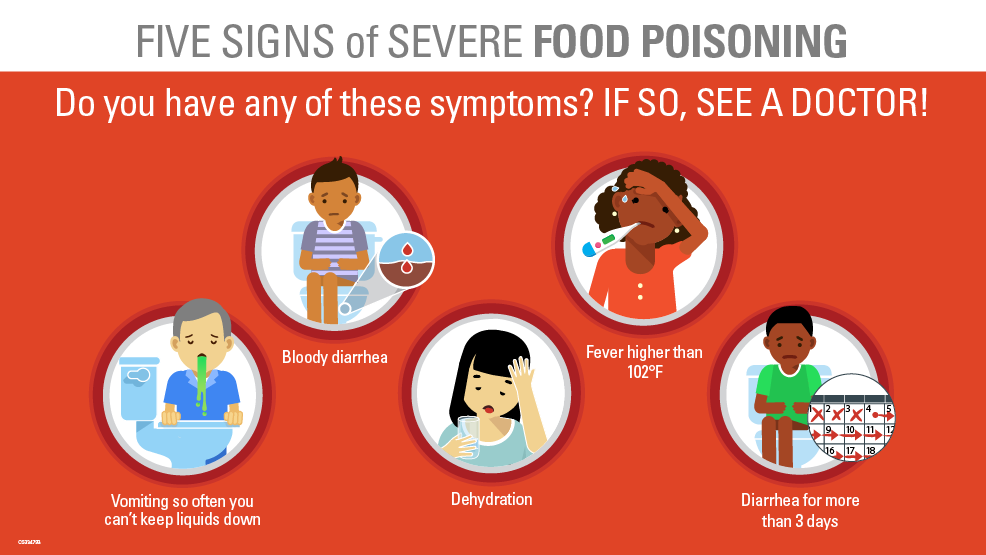
Keep a food diary for several days leading up to your appointment. Your doctor will probably ask you what you eat and what symptoms you have.
Record everything you ate, how much you ate, when you ate it, and how your system responded.
This will help you and your doctor identify patterns indicating that certain foods might be triggers for you.
